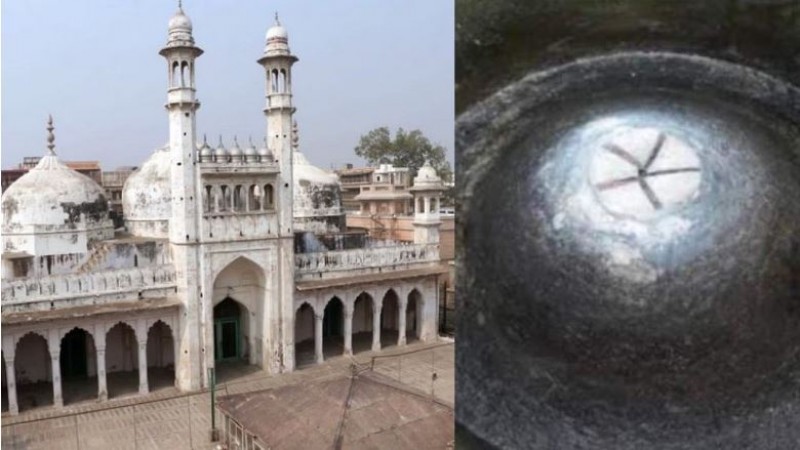
Varanasi: The Varanasi district court has provided the Archaeological Survey of India (ASI) with another week to submit the scientific survey report of the Gyanvapi mosque complex. This marks the sixth extension granted by District Judge A K Vishvesh, with the new date of hearing set for December 18. The ASI cited the ill health of its superintending archaeologist as the reason for its inability to submit the report on the initially scheduled date.
This survey is part of a court-ordered examination to determine whether the 17th-century mosque was constructed over a pre-existing Hindu temple structure. The ASI has received multiple extensions in the past, with the most recent extension being until November 30. The ASI initiated the survey on August 4 within the barricaded area of the Gyanvapi premises, excluding its sealed section. The court had directed the survey to establish the historical context of the site. The ASI's application to extend the deadline stated that its experts are working on various types of data collected by archaeologists, surveyors, and other experts. The assimilation of information generated by different experts and tools is a slow and challenging process, requiring more time to complete the final report.
Despite facing objections from the mosque management committee, the survey has proceeded. The committee alleged that the ASI was conducting unauthorized digging and accumulating debris without permission, posing a risk to the mosque's structure. The ASI team is conducting a scientific survey to determine the historical layers of the Gyanvapi premises, which is located adjacent to the Kashi Vishwanath temple. On October 5, the court granted an additional four weeks to the ASI, specifying that the duration of the survey would not be extended beyond this period. The Allahabad High Court had previously upheld the Varanasi district court's order for the survey, stating it was "necessary in the interest of justice" and beneficial for both Hindu and Muslim sides involved in the dispute.
While the mosque committee had moved the Supreme Court against the high court's order, the apex court, on August 4, refused to stay the high court's decision, allowing the survey to proceed. The Supreme Court ordered the ASI not to carry out any invasive acts during the survey, ruling out excavations that were considered if necessary by the Varanasi court.
Caste Equation Solved: BJP's Leadership Shuffle in Madhya Pradesh
Financial Despair Grips Karnataka's Kodagu: Couple and Daughter End Lives